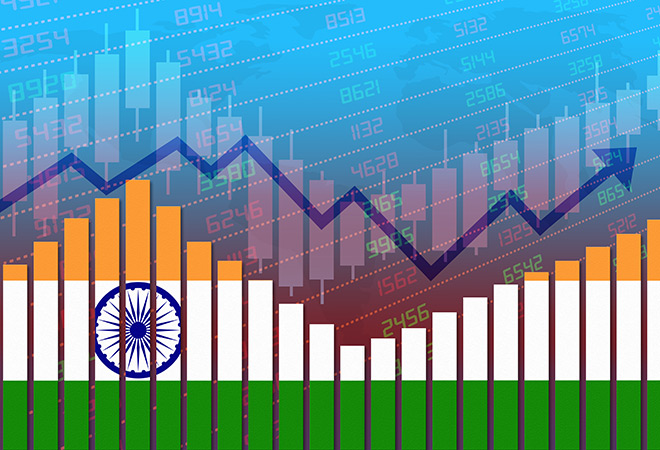
Virendra Pandit
New Delhi: The second wave of a resurgent Covid-19, which is currently swelling infection numbers, may affect India’s progressing economic recovery but its impact is unlikely to be as severe as during the first wave of the pandemic in 2020.
The second wave of infections is credit-negative and presents a risk to growth forecast as the re-imposition of virus management measures will curb economic activity and could dampen market and consumer sentiment, media reports quoting global rating agency Moody’s, said on Tuesday.
But the impact on economic activity is likely to be less severe than in 2020 as this time the government’s focus is on ‘micro-containment zones’ to deal with the current wave of infections, as opposed to a nationwide lockdown in 2020.
Three factors are expected to work in favour of a faster economic recovery in India.
One, the Centre’s fast-tracking of approval granted to the vaccines—both Indian and foreign-made—to contain Covid-19. Within days of the surging second wave, India’s drug regulator approved Russia’s Sputnik V vaccine to widen the vaccine basket for the inoculation drive. Currently, the Indian vaccination programme has two vaccines. Sputnik V will be manufactured in India, chiefly, by Dr Reddy’s Laboratories.
In the coming weeks, two more vaccines—Johnson & Johnson’s single-dose vaccine called Janssen, and Zydus Cadila’s ZyCov-D is also likely to join the drive. Many more foreign-made vaccine candidates are also in the pipeline.
Nearly 11 crore people (or 7 per cent population) have already been vaccinated in India since January 14 when Prime Minister Narendra Modi launched the world’s largest and fastest vaccination campaign. By mid-2021, around half of India’s total population is expected to be inoculated at an exponential pace, thus creating a herd-immunity for all the people.
Two, India’s very low Covid-19 death count—1.28 per cent as only about 1.70 lakh deaths have been reported until April 12—and relatively very young working population also help mitigate risks as recovered youngsters return to work faster. India’s Gross Domestic Product (GDP) is still likely to grow in double digits in 2021 unlike the low level of activity in 2020.
Thirdly, the governments, both at the Centre and in the states, are determined to contain the spread of coronavirus at local levels only, instead of wide-ranging lockdowns imposed last year. Restricted movements will help reduce infections and, at the same time, continue economic recovery, though at a reduced rate.
















